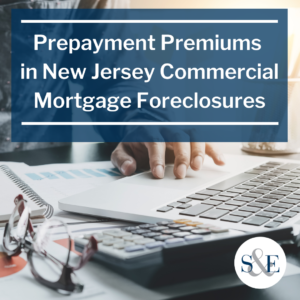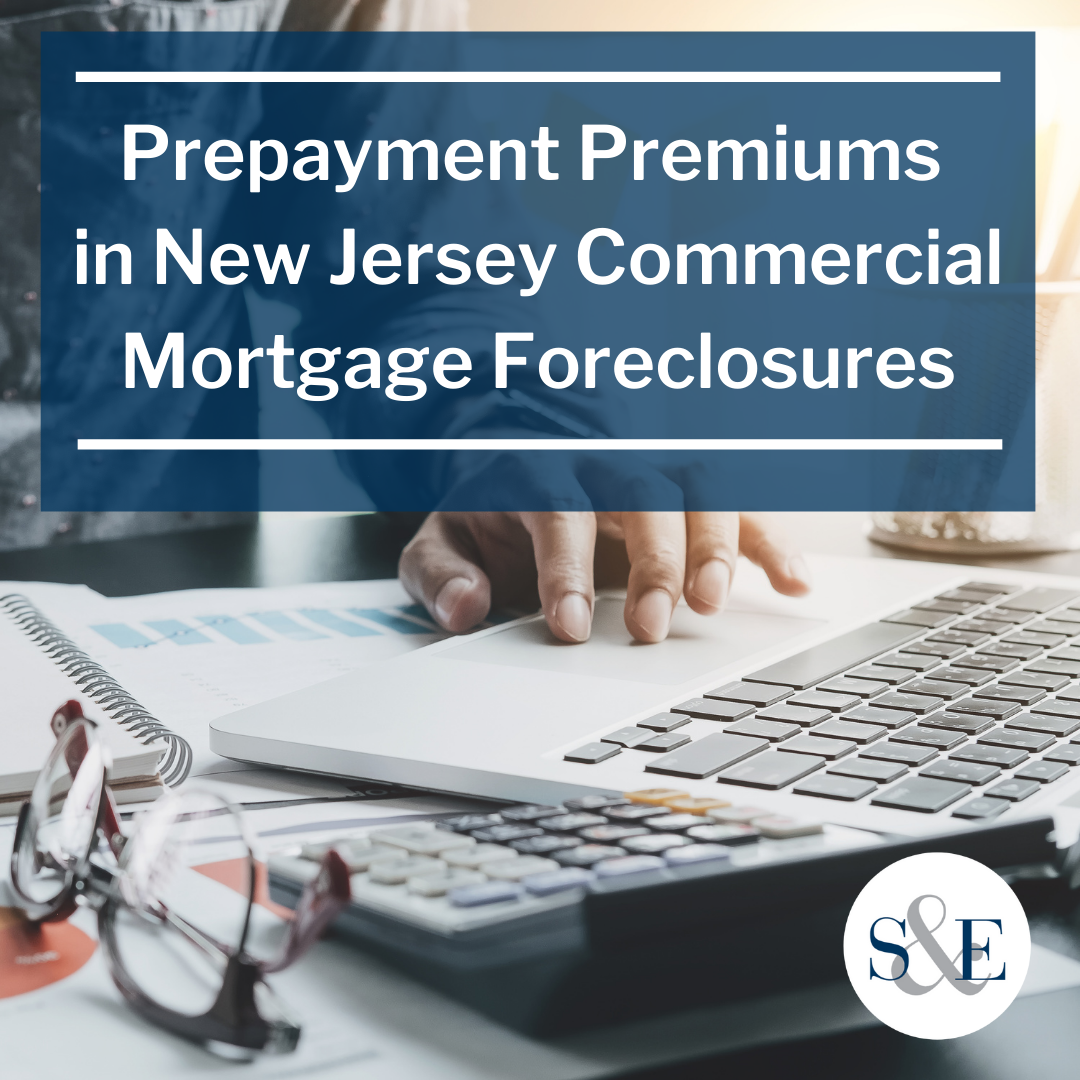
Prepayment Premiums are common features of commercial loan contracts. These provisions are generally used to compensate lenders in cases where a borrower pays off a loan early, thus depriving the lender of the stream of interest income for which they had originally bargained. Crucially, lenders often seek to enforce prepayment premiums after a borrower has defaulted and the loan has been accelerated. This is true despite the fact that, where the borrower has defaulted, there has been no literal “prepayment”.
Historically, prepayment premiums were generally disfavored by courts as unenforceable penalties. However, more recent New Jersey court decisions have found that prepayment premiums are presumptively reasonable when included in a commercial contract between sophisticated parties. Norwest Bank Minnesota v. Blair Rd. Associates, L.P., 252 F. Supp. 2d 86, 94 (D.N.J. 2003) (quoting Metlife Capital Fin. Corp. v. Washington Ave. Assocs., L.P. 159 N.J. 484at 496).
Despite our courts’ receptiveness to enforcing prepayment premiums in the commercial loan context, there do remain some obstacles to enforcing these provisions through a mortgage foreclosure action. In New Jersey, commercial foreclosure actions are overseen by the Office of Foreclosure. The Office of Foreclosure generally permits lenders to include a modest prepayment premium (up to 5% of the unpaid principal balance) in the amount due under the foreclosure judgment. However, to the extent that the lender seeks a greater prepayment premium, they must apply to the vicinage court for an order permitting inclusion of the prepayment premium in the amount due.
In cases in which an application to the vicinage court is necessary, the court will first look to the language in the loan documents to determine whether the prepayment premium is enforceable. Therefore, where a lender seeks to enforce a prepayment premium through a foreclosure action, it is critical for the prepayment premium provision to specifically include default and acceleration as one of the events which triggers the prepayment premium. If this language is not included, a court could determine that the prepayment premium has not been triggered by the borrower’s default because a default does not involve a literal “prepayment”. Other factors that will make a court more likely to enforce a prepayment premium are indications that the provision was made clear to the borrower (e.g. by including a disclaimer in large, bold font and by urging the borrower to have the loan agreement reviewed by an attorney of their choice). By considering these issues when drafting their loans, lenders can maximize the probability that their prepayment premiums will be deemed enforceable and included in the foreclosure judgment.
